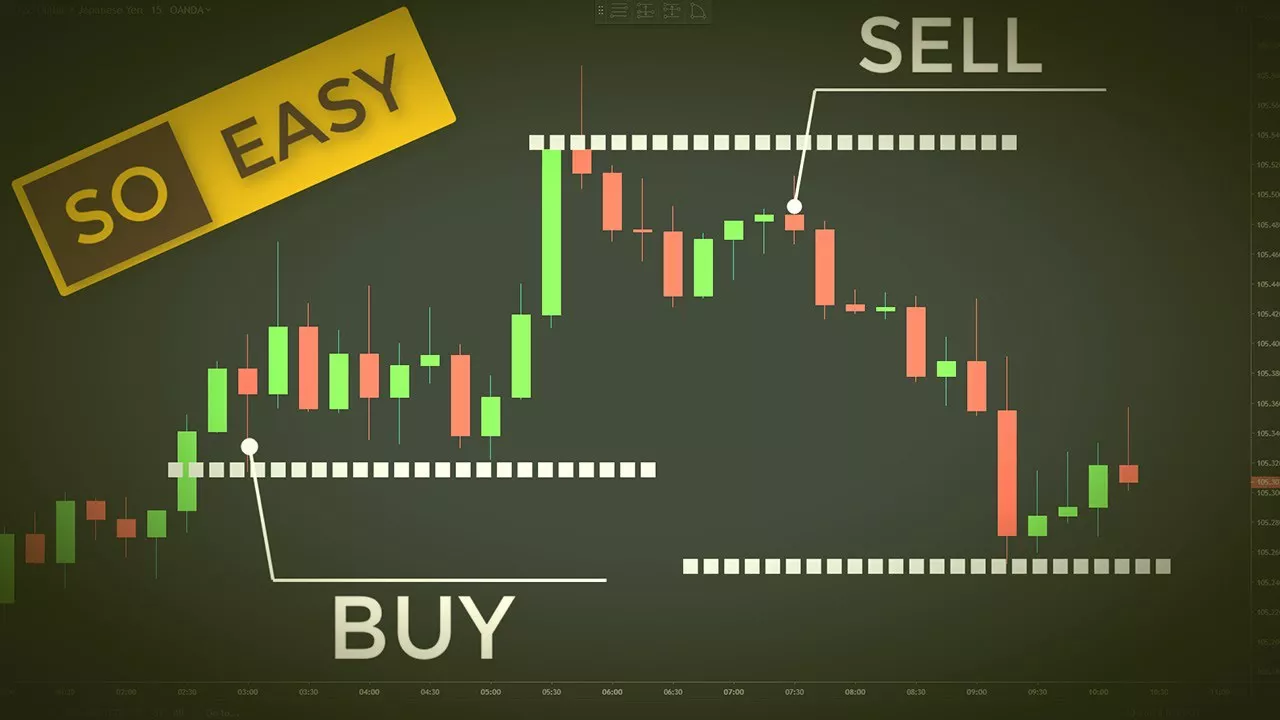Chinese markets saw sharp declines on Wednesday as the possibility of a second Donald Trump presidency raised concerns about escalating tensions over trade and technology. Investors reacted to the prospect of a Republican-controlled U.S. Congress, which could lead to stricter policies against China.
Trump Claims Victory, Impacting Markets
By the close of Chinese markets, Trump had claimed victory over Democratic candidate Kamala Harris in a tight U.S. presidential race. The announcement boosted U.S. stock futures and caused the U.S. dollar to rise across global markets. However, it remained unclear which party would control the U.S. House of Representatives.
In China, the blue-chip CSI300 Index fell by 0.5%, while Hong Kong’s benchmark Hang Seng Index, often seen as a barometer for foreign investor sentiment, dropped by 2.3%. The Hang Seng China Enterprises Index, which tracks Chinese companies listed in Hong Kong, decreased by 2.6%.
Tech Stocks Suffer Losses
Hong Kong-listed Chinese tech stocks were hit hard, with e-commerce giants JD.com and Alibaba both dropping by 4%. The selloff reflected investor fears about potential disruptions in trade and technology flows if Trump returns to office.
The Trump Factor: Tariffs and Economic Impact
The U.S. presidential race has significant implications for China’s economy and its capital markets. Trump, who previously implemented tariffs on Chinese goods during his first term, had promised to further increase tariffs—potentially up to 60%—to protect American manufacturing.
Rong Ren Goh, a portfolio manager at Eastspring Investments, noted that markets are focusing on the possibility of new tariffs. However, he emphasized that there are other policy levers Trump could use to contain China, such as financial sanctions on Chinese companies and restrictions on access to critical technologies, especially in artificial intelligence.
“Right now, the markets are focusing narrowly on tariffs, which can be easily implemented through executive orders,” Goh said. “But there are other tools, like financial sanctions and technology restrictions, that could further affect China’s growth.”
This uncertainty is leading foreign investors to adopt a defensive stance on China-related assets, likely hedging against currency risks.
China’s Market Recovery Faces New Threats
China’s equity market has been recovering from a prolonged slump, with the CSI 300 Index up more than 20% since September 23. This rally was fueled by policy measures aimed at addressing weak consumption and the downturn in the real estate sector, including interest rate cuts and economic stimulus.
However, the potential for a Trump presidency could disrupt this recovery. His policies could target key sectors like technology, defense, and exports, potentially derailing the positive momentum in China’s markets.
Uncertainty Ahead: The Impact of a Trump Victory
While both Democrats and Republicans have taken a tough stance on China, Trump’s unpredictability in policy-making adds an extra layer of uncertainty. Markets may not react dramatically until concrete policy changes are announced, but the prospect of a Trump win is likely to weigh on investor sentiment.
“Although both candidates are likely to be tough on China, Trump is less predictable when it comes to his policies,” said Kenny Ng, strategist at China Everbright Securities International in Hong Kong. “The uncertainty around his approach could dampen market sentiment even further.”
With tensions between the U.S. and China expected to remain a key issue, the outcome of the U.S. presidential election will continue to shape market dynamics in China.
Related topics:




























